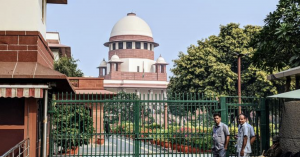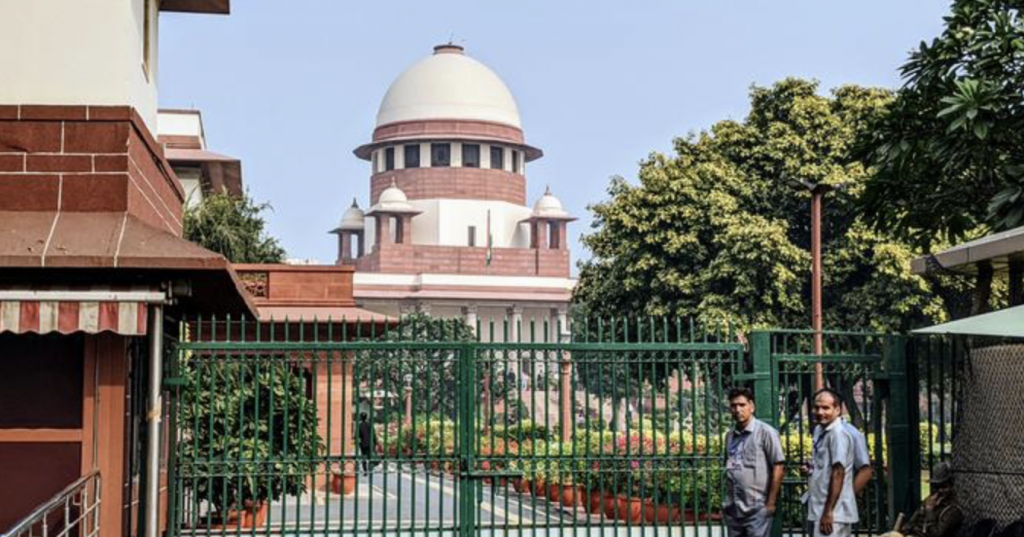NEW DELHI: The Delhi High Court’s refusal to order the lieutenant governor to sign or rescind a 2015 bill that sought a prohibition on screening kids for nursery admissions was challenged in a case that the Supreme Court dismissed on Friday. It is not possible to pass a directive to enact a legislation, according to a bench of Justices SK Kaul and Sudhanshu Dhulia. Can a legislation be enacted pursuant to a mandamus? Can we order the government to bring the bill forward? The bench stated that the Supreme Court couldn’t be a cure-all. The Delhi School Education (Amendment) Bill, 2015 was the subject of a PIL that the high court dismissed on July 3 after ruling that it could not interfere with the legislative process and order the LG to either assent to it or send it back. The organisation filed the appeal with the Supreme Court through attorney Ashok Agarwal, arguing that the child-friendly bill prohibiting the screening process for nursery admission in schools has been hanging between the Central and Delhi governments for the past seven years without any justification and is contrary to the public interest and public policy.A division bench of the Delhi High Court had rejected the PIL, stating that it was improper for the high court to exercise its constitutional authority under Article 226 by ordering the governor, who is a constitutional authority, to establish a deadline in matters that are solely within his purview. “In the considered opinion of this court, even though the bill has been passed by the House, it is always open to the governor to agree or to send the bill back to the House and this court ought not pass a writ of mandamus directing the governor to act,” the court’s ruling stated. The 2015 bill’s very objective and purpose is to safeguard kids from abuse and unfair discrimination in nursery admission to private schools, according to the appeal against the high court’s decision. The bill’s intent was thwarted by the delay, it claimed, adding that the Delhi administration had already secured the assembly’s passage of the legislation in 2015. According to the statement, the Delhi High Court’s 2013 ruling on a PIL brought by the Social Jurist was taken into consideration when the bill was passed. The government may take into account amending the law as needed to guarantee that children applying for nursery entrance also receive the benefits of the Right to Education Act, the high court had stated in 2013.All children between the ages of six and fourteen are entitled to free and compulsory education as a fundamental right under the 2009 law. The NGO claimed that on March 21, 2023, it submitted a request to the authorities asking them to expeditiously complete the Bill. On April 11, nevertheless, the Centre responded, saying the two governments had not yet finalised the bill. It claimed that more than 1.5 lakh admissions occur at the nursery level each year at private schools in Delhi, and that screening of children older than three is prohibited by the 2009 Right to Education Act. In order to speed up the process of finalising the Bill insofar as it relates to the outlawment of screening in admission at the pre-primary level, it had asked the court to issue instructions to the authorities.


